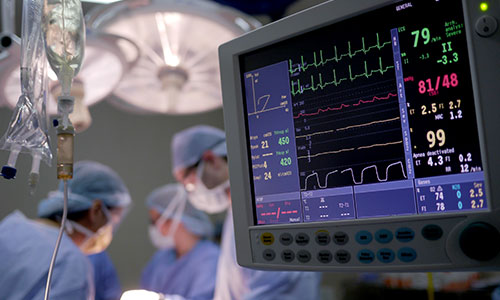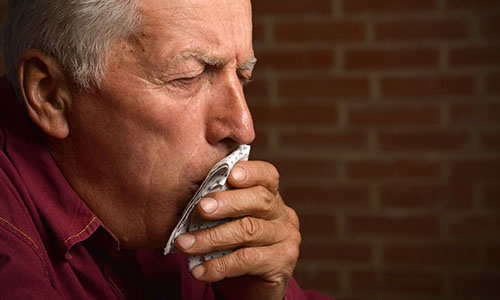4 things that may reduce your risk of hernia
- Overview
A hernia occurs when an abdominal organ, usually part of the bowel, pushes through a tear in the abdominal wall. This sometimes creates a visible lump under the skin. Not all hernias are immediately dangerous to your health, but they do get worse when left untreated. The key risk is strangulation, where the blood supply to the trapped organ is suddenly cut off.
Prepare for unrelated surgeries

Surgery that requires incisions in the abdomen can create weak spots in your abdominal wall where a hernia might occur. Larger incisions can leave the abdomen at around 70 percent of its original strength.
Many surgeries of this nature can’t be avoided and are critical to your health, so prepare for surgery by being the healthiest you can be. Follow nutritional and lifestyle guidance from health professionals to reduce your risk of infection and injury as you recover.
Don't ignore other health problems that strain your body

An increased risk of hernia is just one of the many reasons you should see a health professional about weight gain, chronic cough, sneeze or constipation. Repetitive strain increases your risk of developing a hernia – but you’ll want to sort these problems out long before it comes to that. These symptoms can be signs of more serious illnesses and should never be ignored.
Take only what you can carry

Attempting to lift objects that are too heavy for you is risky for many reasons. More likely than hernia you may seriously injure your back, but repeatedly putting your body under strain can increase the risk of developing a hernia, especially if your muscles are weak.
Make sure you keep your core muscles strong with regular exercise and use correct lifting technique by keeping your back straight and using your leg muscles to bear the load.
Maintain muscle strength

No matter what you do, the human body has a number of weak spots, particularly in the lower abdomen and groin where hernias commonly occur. However, maintaining a good level of fitness and a strong core are key to overall good health and reducing your risk of unexpected complications like hernias.
None of these measures will ensure you never suffer a hernia. If your GP suspects a hernia, ask for a referral to Nuffield Health for fast, effective treatment. Find out more about Hernia repair.
Last updated Wednesday 27 November 2019
First published on Monday 14 March 2016

